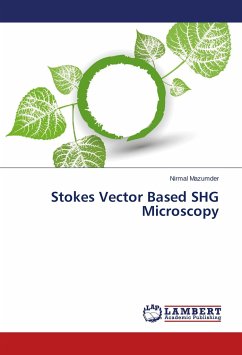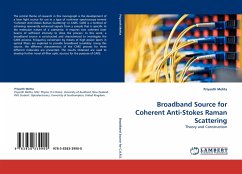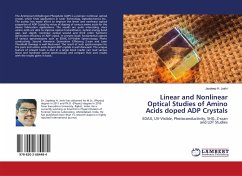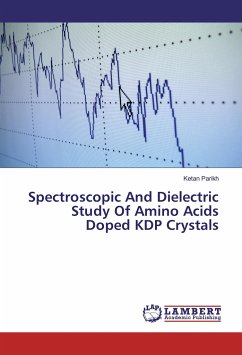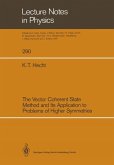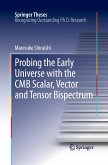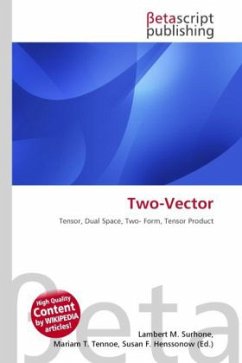Second harmonic generation (SHG), a label free imaging technique, which arises from non-centrosymmetric structures and the SH intensity depends on the relative orientation between the polarization of the incoming light and the second-order hyperpolarizability of the sample. Going beyond intensity measurements, SHG polarimetry can provide an interesting modality to probe the absolute molecular structure. The full polarization state of the polarized component cannot be found due to an ambiguity over the phase difference between the two measured polarization basis vectors. In contrast, the full polarization state of a general optical signal, including partially polarized or unpolarized fields, can be characterized using Stokes algebra. Accordingly, we developed a four-channel photon counting based Stokes-polarimeter for spatial characterization of polarization effects in second harmonic generation (SHG). We have implemented a calibration technique allowing quantitative measurement of polarization parameters, such as the degree of polarization (DOP),degree of linear polarization (DOLP), degree of circular polarization (DOCP), as well as anisotropy from the acquired Stokes parameters.
Bitte wählen Sie Ihr Anliegen aus.
Rechnungen
Retourenschein anfordern
Bestellstatus
Storno

